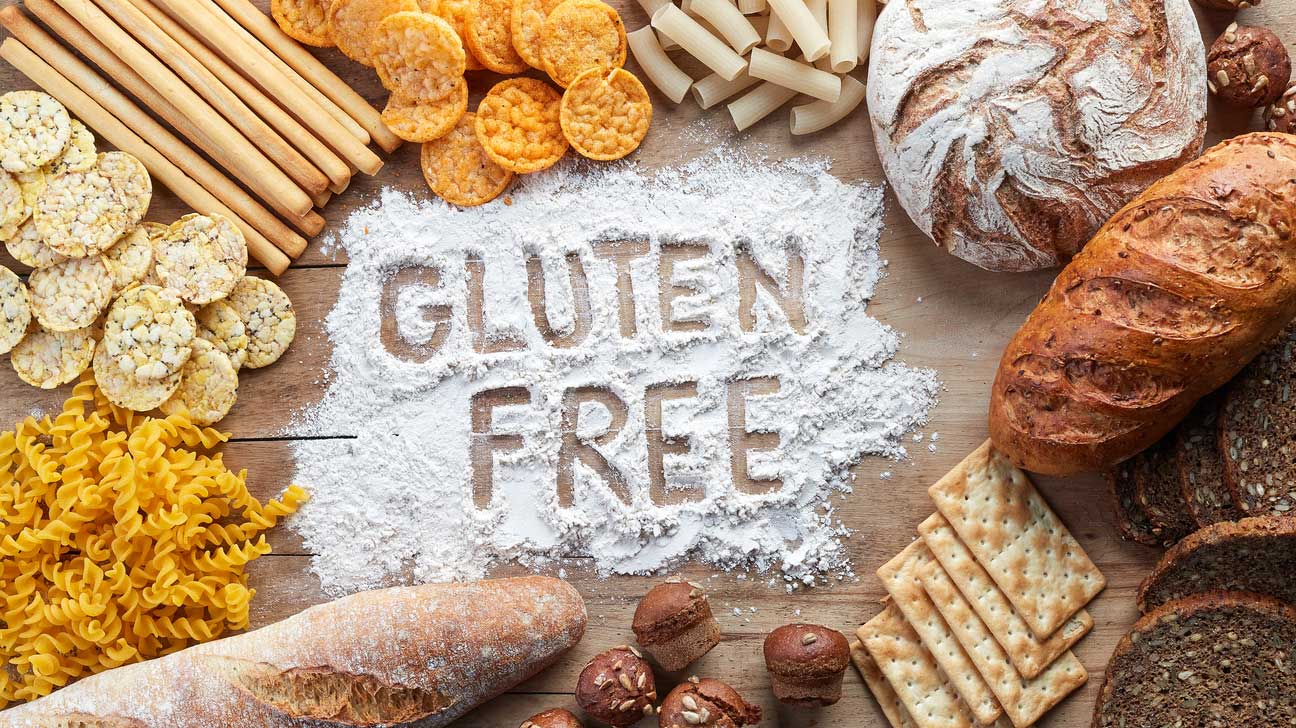Going gluten-free is more than just a passing trend—it’s a lifestyle transformation that millions of people are embracing for health, wellness, and energy. Whether you’re doing it out of medical necessity or as a personal choice, a gluten-free diet can open the door to clearer thinking, better digestion, and more vitality. But it’s not always easy to start.
This article dives deep into what living gluten-free really means, offers practical lifestyle tips to stay on track, and highlights who can benefit the most from ditching gluten.
What Is a Gluten-Free Diet?
Gluten is a protein found in wheat, barley, and rye. It gives bread its chewy texture and helps dough rise. But for some people, gluten can wreak havoc on their digestive systems and overall health. A gluten-free diet eliminates all sources of gluten, including bread, pasta, cereals, baked goods, and even unexpected items like sauces, soups, and salad dressings.
Who Needs a Gluten-Free Diet?
There are several medical and health reasons why someone might need to go gluten-free:
- Celiac Disease: An autoimmune condition where ingesting gluten damages the small intestine lining, leading to malnutrition and a host of health issues.
- Non-Celiac Gluten Sensitivity: People without celiac disease may still experience symptoms like bloating, fatigue, and brain fog after eating gluten.
- Wheat Allergy: A true allergic reaction to wheat proteins, which can include gluten.
- Chronic Inflammation or Digestive Issues: Some individuals choose a gluten-free lifestyle to help with gut health or autoimmune conditions like Hashimoto’s thyroiditis.
In today’s fast-paced, processed-food world, avoiding gluten is also linked to improved focus, reduced bloating, and increased energy for many. For those seeking support or more information, platforms like Great Without Gluten offer valuable resources, recipes, and community insights tailored to the gluten-free lifestyle.
The Benefits of Going Gluten-Free in the Modern World
Why are so many people choosing a gluten-free path even without a medical diagnosis? The answer lies in the growing awareness of how gluten affects not just the gut, but the body as a whole. Removing gluten can help reduce inflammation, improve mental clarity, and lessen feelings of fatigue. Additionally, it often encourages cleaner eating habits—more whole foods, fruits, vegetables, and lean proteins. With more gluten-free products and restaurant options available today, it’s becoming easier to maintain this lifestyle without feeling restricted or missing out.
10 Gluten-Free Lifestyle Tips to Thrive
If you’re just starting out or looking to strengthen your gluten-free routine, here are 10 practical tips to help you stay healthy, happy, and fully satisfied:
1. Learn to Read Labels Like a Pro
Always check food labels for hidden gluten. Watch out for ingredients like malt, brewer’s yeast, and “natural flavors,” which may contain gluten unless otherwise specified.
2. Stock Your Pantry with Whole Foods
Focus on naturally gluten-free items like brown rice, quinoa, lentils, beans, vegetables, fruits, and nuts. These form the foundation of a nourishing gluten-free diet.
3. Plan Your Meals Ahead
Meal prepping helps avoid last-minute poor choices. Keep gluten-free snacks like trail mix, protein bars, or rice cakes handy when you’re on the go.
4. Invest in a Toaster and Kitchen Tools for Gluten-Free Use Only
Cross-contamination is real. Keep a separate toaster, cutting board, and utensils to avoid gluten traces in your kitchen.
5. Explore Gluten-Free Grains
Get creative with grains like millet, amaranth, teff, and sorghum. They’re nutrient-dense, tasty, and naturally gluten-free.
6. Find Gluten-Free Versions of Your Favorites
From pasta to cookies, gluten-free brands have come a long way. Experiment with different brands until you find your favorites. Sites like Great Without Gluten often offer trusted product reviews.
7. Be Cautious When Dining Out
Many restaurants offer gluten-free menus, but always double-check with staff about food prep and cross-contact. Apps like Find Me Gluten Free can help locate safe dining spots.
8. Focus on What You Can Eat, Not What You Can’t
Rather than dwelling on restrictions, celebrate the abundance of delicious, whole, and safe options. This mindset shift makes a big difference.
9. Listen to Your Body
Even gluten-free packaged foods can cause discomfort if overly processed or high in sugar. Stick to foods that make you feel energized and balanced.
10. Join a Supportive Community
Connecting with others living gluten-free, whether in-person or online through platforms like Great Without Gluten, can offer new ideas, emotional support, and motivation.
Final Thoughts
Living gluten-free doesn’t mean giving up flavor, variety, or convenience. With a little planning and the right resources, it’s entirely possible to thrive without gluten—and even enjoy the journey. Whether you’re managing celiac disease, dealing with gluten sensitivity, or simply exploring healthier eating habits, adopting a gluten-free lifestyle can lead to long-lasting wellness and improved quality of life.
The key? Stay informed, stay prepared, and surround yourself with resources and communities that empower you to be your healthiest self—because life is truly great without gluten.
Related Post:
- Reid Russom – Purpose-Driven Educator and Leader!
- Numa Zara – Digital Fashion Revolution Blending Identity!
- Ecryptobit – Buy, Sell & Secure Digital Assets!
- Long Shooter – From Idioms and Film!
- Kick Flipper – Best Indoor Practice Board!
